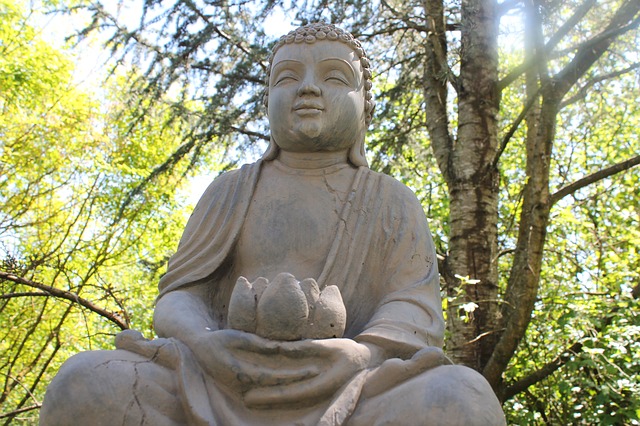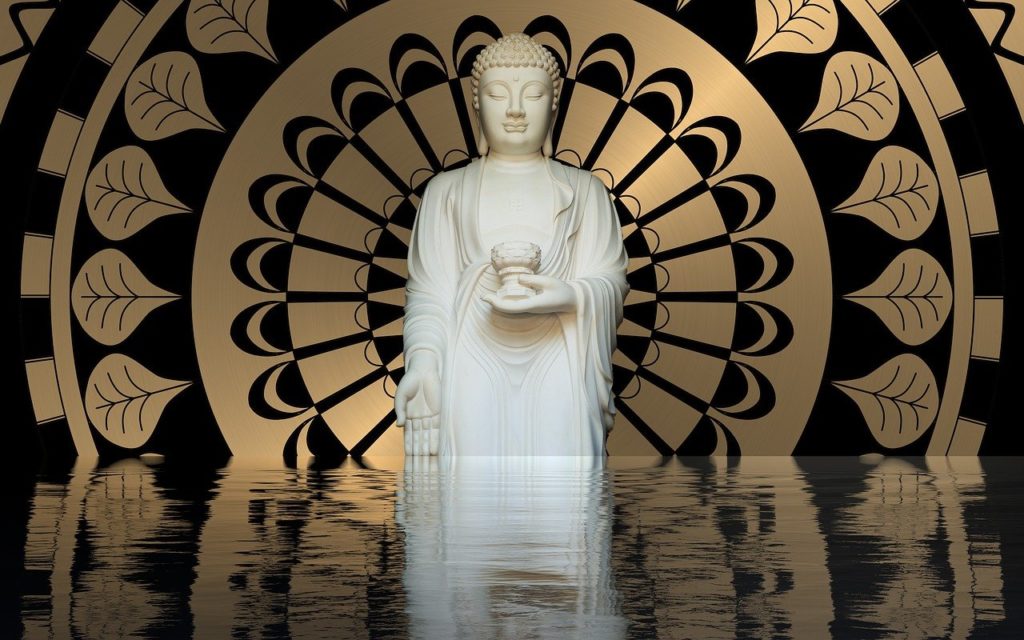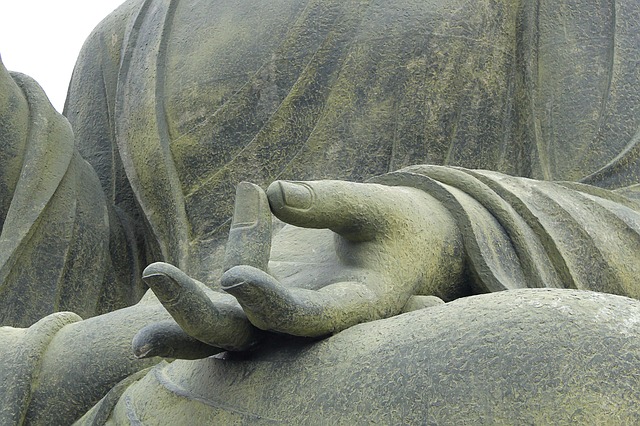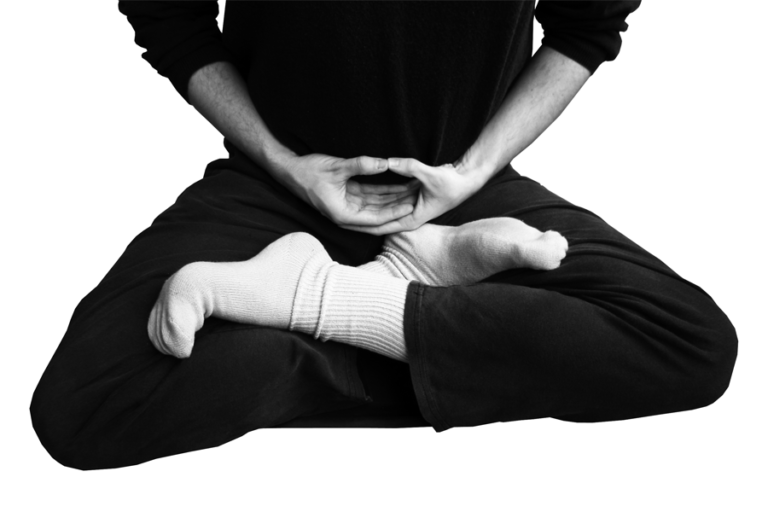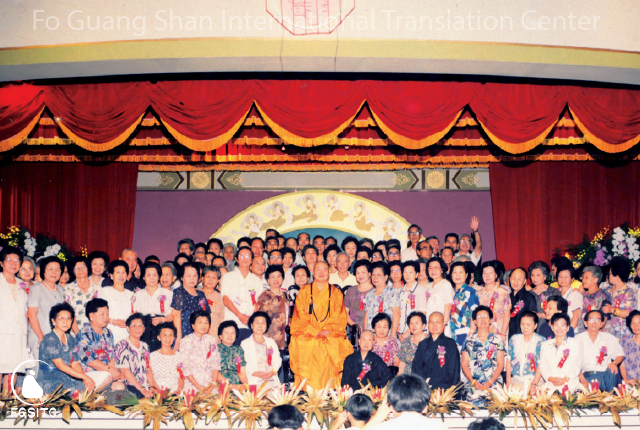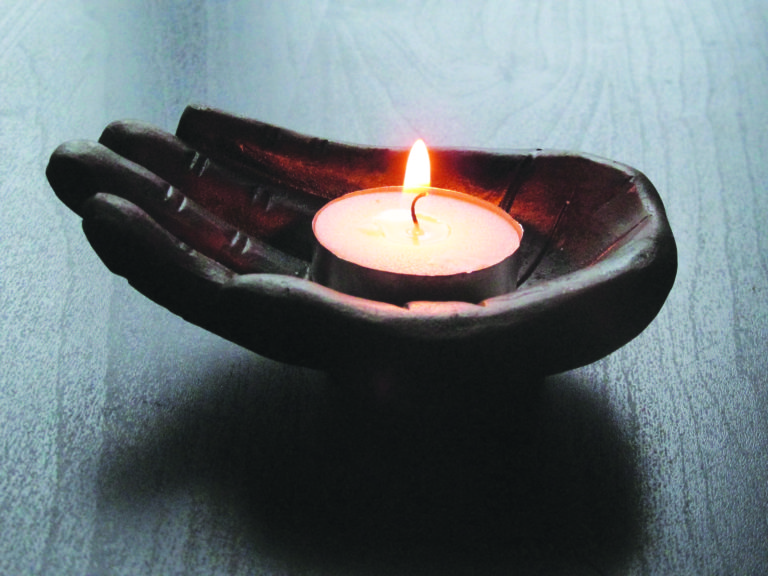
If we want to understand what the Dharma teaches us about building affinity and living in harmony with others, we must first understand the four great all-embracing virtues. The Buddha teaches that for us to realize our true capacity of connecting with and serving our fellow citizens, we have to first build a good rapport, and the four virtues are tools to that end.
The four virtues are giving, speaking with kind words, conducting oneself for the benefit of others, and adapting oneself to others.
GIVING
Despite the fact that there are obvious and limitless benefits from practicing the first virtue of giving, many of us choose to lead our lives in a merely self-centered and self-satisfying way. Competition to be the best and have the most permeates contemporary society, making it quite challenging at times to regard the welfare of others as our primary concern. We strive to be better than others and we often measure the quality of our life by how we compare with those around us. This worldview is the root cause of human conflict and prevents us from being generous to each other.
If we understand that every cause has its effect, and that we all share common causes and conditions, then we may think differently about taking advantage of others, and we would not be so hesitant about giving. Some of you may wonder how you can practice giving if you do not have any money or possessions. How do we build affinity with others through generosity if we have nothing?
Actually, we do not need to have great wealth, or even any money at all, to practice the virtue of giving. When you meet someone on the road, give the person a nod or a smile. This is giving. If you help someone who has fallen down, this is also giving. When we show concern for others or when we give compliments, we are practicing giving, too. Even simple gestures like saying “Good morning,” or “How are you?” are giving. These are acts of kindness which do not cost anything and which we are all capable of performing. They are like small seeds that grow into enormous trees that grace our communities with pleasant, cool shade. Never overlook an opportunity to give—you will have a direct encounter with affinity.
When we are supportive of those who give, we are practicing another form of giving.
When we witness a person acting generously, we should acknowledge the gesture with happiness in our heart, and, if possible, thank the person for their kindness—even if it wasn’t directly intended for us. We should be supportive of and happy for the giver, as well as for the recipient. This may not be as easy as it sounds.
Some people have the bad habit of becoming suspicious about others’ motives when they see them doing good deeds. When others are nice to them, they accuse them of false flattery or of only being kind as a means to an end. When they see others give to charity, they chide them as living beyond their means. These people also begrudge those who are benefiting from the generous act. Their jealous and shortsighted attitude causes them to see the worst in others and miss opportunities to share in the joy of giving.
Happiness is an especially wonderful gift to give to others. Happiness is something that grows when it is shared with others.
When we share it with others, we help affinity to flourish as well. The happiness of others makes our own happiness that much more meaningful and enjoyable. We should not be afraid to share our happiness. If we keep happiness only to ourselves, we cannot fully experience or appreciate it. In keeping happiness to ourselves, we suffocate the affinity that would naturally arise if we extended it to others. Happiness, like the Dharma, cannot be fully experienced apart from others.
When we share our moments of joy with others, we feel truly blessed. Why? The following analogy may provide some clarity. When we use the flame of one candle to light other candles, the original flame does not lose its luminosity. On the contrary, the original flicker retains its brilliance and the light from all the candles merges into a substantial and unified glow, making the room that much brighter. The state of happiness is very much like the flame of the candle. When we share our joy with others, our joy will not be lessened. I encourage you to give happiness away freely—you will never lack happiness or good relationships in doing so.
If we pause just for a minute, we will see that we owe our existence to the generosity of others. We’ll realize that as we nurture our relationships through giving, we should also be thankful for what we have.
Giving and thanking always go hand in hand. When we consider all of the causes and conditions that are present for us to live, we should feel quite indebted to everything we have and everyone we encounter. We will then regard all human beings and our connections to them in a different light.
Highly cultivated Buddhist practitioners throughout history share the common trait of gratitude. They recognize the interconnectedness of all beings and their gratitude is a form of practice. One example of this that comes to mind is Venerable Yinguang, who became a monastic at the age of twenty-one. When he first became a monk, he was responsible for making sure that there was enough boiled water for drinking. When he needed to boil more water, he had first to go into the woods to get firewood. Many people in the Venerable’s shoes would have complained of being assigned to such a menial task. Not only was Venerable Yinguang never bitter, however, he was very grateful for the opportunity to live and work at the temple.
We are fast becoming a nation of cynics; we concentrate on being vindictive rather than being grateful. If we develop a grateful attitude, I can assure you that conflict, jealously and squabbles among people will be replaced with profound joy and deep affinity. Our very lives are the nourishment that affinity requires to fully manifest itself.
From Living Affinity, written by Venerable Master Hsing Yun.
Image from Pixabay.

